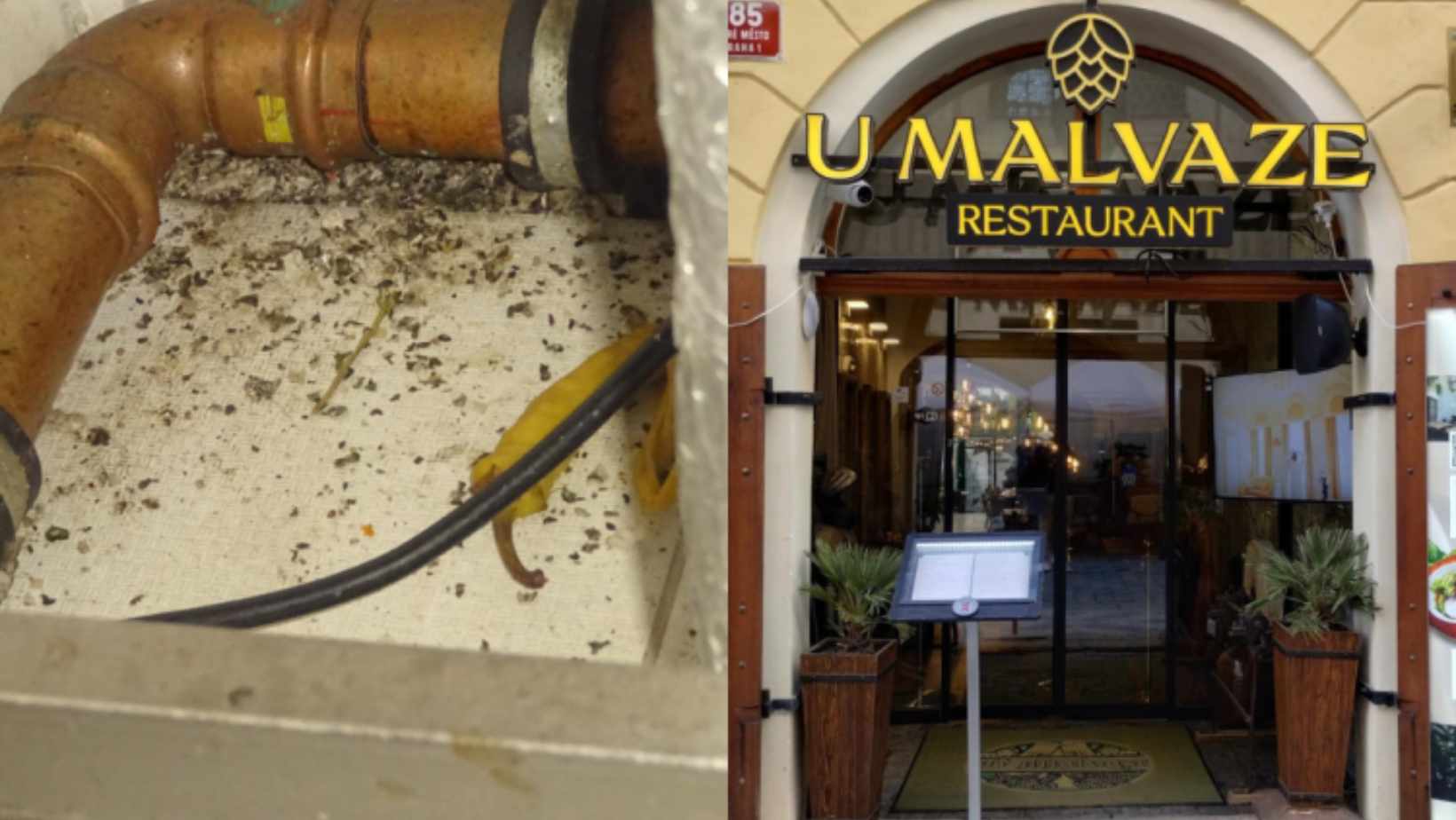Czech Republic: Tax Heaven for Property Investors
Robin Petrasek

Did you know that the Czech Republic is one of the most favorable countries to invest in when it comes to taxation?
Preceded only by Luxemburg or Switzerland, the Czech Republic offers perks such as no acquisition tax, tax benefits for residents, favourable deductions for rental income, and even no tax to pay on profit if you own the property long enough.
One of the most positive parts when it comes to property investments is actually the tax systems. Yes, I do mean positive… I am not mistaken.
Speaking to foreigners from all around the world, I often get surprised looks when I explain there are almost no taxes to keep in mind when buying a property here. If we compare to other acquisition costs like solicitor fees in the UK or annual property taxes in the US, here we have really nothing to complain about.
Let’s take it step by step:
Before 2020, there was a 4% acquisition tax paid to the country’s financial office and which was an obstacle to purchasing property for many people. Luckily this requirement was removed during the Covid pandemic so now you do not need to think of extra 4% to pay from own pocket – since this fee was usually not possible to get a mortgage for.
So now there’s no more acquisition tax, but what about general property ownership tax?
Technically you need to pay annual tax to the local financial office (you need to register yourself after you buy the property). Depending on the property this can be between 2-5,000 CZK per year for flats. For houses, it can be double depending on the land. Not that bad, is it?
What about rental income?
For those renting out their properties, there are two options:
- The 70/30 rule, which requires you to pay 15% tax on 70% of the net rent
- Come up with real costs (such as the mortgage interest) to offset the tax you need to pay.
Let’s say you get 15,000 CZK net rent and your annual mortgage interest is 100,000 CZK.
In the first case, using the 70/30 rule: 15,000 CZK monthly rent would be 180,000 CZK annually, of which 70% would be 126,000 CZK. This 126,000 is known as the tax base, and which is subject to a 15% income tax.
In the second case, we still have the 180,000 annual rental income but then deduct the 100,000 CZK in mortgage interest owed, leaving us with 80,000 CZK as the tax base, which is then subject to the 15% tax. In this case, the second option is more beneficial for the property owner.
Lastly, when you eventually sell the property, you will be subject to income tax from the profit.
Imagine you bought the property for 5m CZK and sold it for 7m CZK, giving you a profit of 2m CZK. There you should pay an income tax on the profit unless one of these apply:
- You lived in the property for a minimum of two years before you sold it
- You owned the property for a minimum of 10 years before you sold it (for investors, it used to be five years)
- You reinvest the money into your new home
- You are obliged to tell the financial office if you have fulfilled these requirements and usually they trust you, but be prepared to prove it just in case!
What do you think – would you agree these tax rules are quite relaxed?
For me, I definitely agree. But it also has a downside. With this setup, sometimes investors are not motivated to rent the apartment at all, they just wait for the property to appreciate since there is no city tax, which would make them actually put the property to good use.
Also, having a similar tax structure for first-time buyers and for property investors is not ideal. I would say the government should come up with some more beneficial scheme for first-time buyers, although there is at least this time test of two or ten years.
Disclaimer: I am not a tax advisor so please verify the above with the authority. I write this in my best understanding that the information is right and correct – yet I do not want to take responsibility so please – double-check with the responsible person.
-
NEWSLETTER
Subscribe for our daily news











